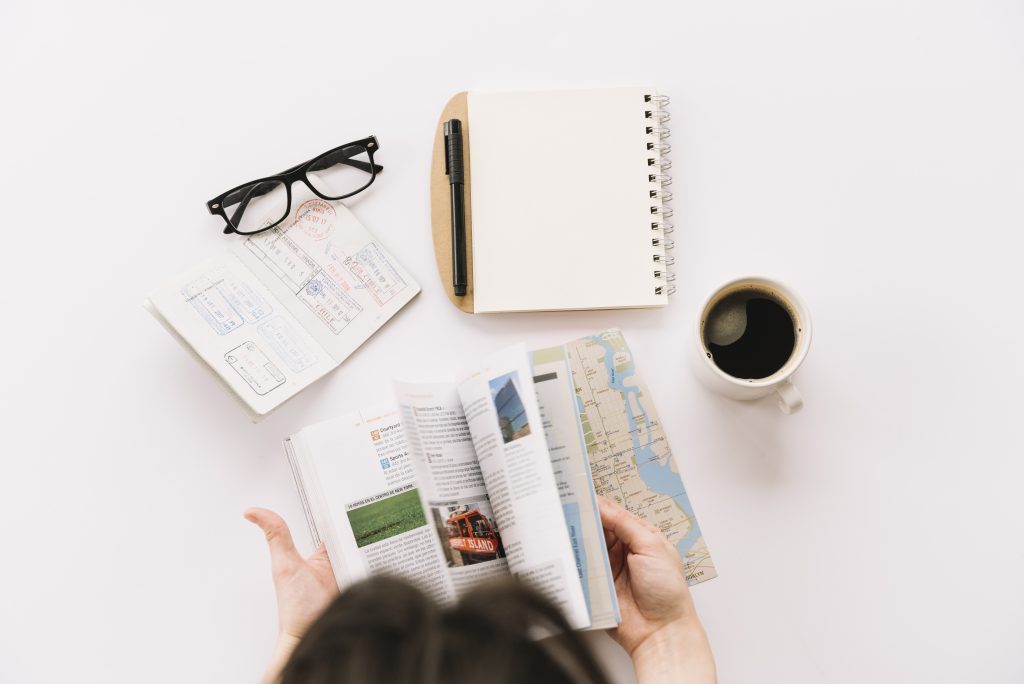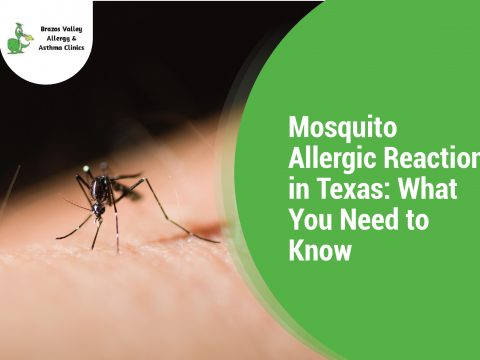- 979-485-9287
- office@bvallergy.com
-
 979-251-7804
979-251-7804
Traveling with Food Allergies

Exercise-Induced Asthma
June 18, 2019
Ways to Protect Yourself From Summer Allergies
July 3, 2019Traveling with Food Allergies
Isn’t it nice to just unwind and go to a place you haven’t visited before? For some, the idea seems exciting but for people with food allergies, they might feel anxious about leaving their familiar environment. This is understandable because they are more at risk of getting food allergies when they are not in the comfort of their homes. Instead of preparing their own food, they depend on others in prepping it and it can be life-threatening.
So what can they do to lessen the risk of getting food allergies when traveling?
Tips for Traveling with Food Allergies
When we travel to other places, we want to experience a new culture. One way to do that is through trying their food or dishes, may it be traditional or contemporary. For someone who has food allergies, the idea might not be that appealing for you might get anxious about where the food comes from and how it is prepared. This would be more complicated if the place you are traveling to speak another language. Explaining the food you are allergic to may be challenging.
Here are some steps you can take to ensure your safety when traveling with food allergies:

-
-
Plan ahead.
Planning and preparing for a trip is essential if you have food allergies. You have to think about what kinds of situations might arise when you’re away and how to deal with them. Talk to your allergist and close friends about your trip to lessen your anxiety about traveling, should you have any. You can also talk to someone who understands the country’s traditions and culture to get tips on how to manage your food allergies when you’re there.
When you get to the place, you can ask the locals for recommendations for restaurants and hotels where you can eat. If you already know where you’re going to dine, research the restaurant’s menus. You can study the dishes they serve so that you would know the ingredients in each dish. This is to make sure that any ingredients that would be put in your food won’t trigger an allergic reaction.
-
Communication is key.
Traveling to far-flung destinations where they don’t speak your language can be pretty challenging. This is truer for people with food allergies as they have to explain their situation to the people who are going to prepare their food and those who will be serving you. If you are staying in a hotel, chances are there will be someone who speaks English. Inform them ahead of time about your food allergies by emailing them the list of food you’re not allowed to eat.
One way to ensure that you will be able to communicate your allergies is through purchasing allergy translation cards or “chef cards”. It helps kitchen staff understand how to prepare a safe meal for you. It is available in different languages through food allergy websites. This can make a huge difference when dining out in foreign places. If you’re worried that there are going to be nuts on your chosen dish, just hand over your card to the server so that an anaphylactic shock will be avoided.
-

-
Bring your own snacks.
When traveling abroad, bring non-perishable food that is safe for you to eat. How much food you will bring will depend on how long you will be traveling. Bringing your own snacks is one of the safest ways to make that you will be not stuck in a situation without anything safe to eat. It’s also protection for destinations who are not that progressive when it comes to labeling their products. It is not safe to assume that the same products manufactured in other countries will contain the exact same ingredients manufactured in yours. Dried pasta and allergen-free snack bars are good options to bring in a trip.
-
Carry enough medicine.
Your medicine is one of the most important things you need to bring while traveling. Keep it in your hand luggage so that it is easily accessible. Also, bring a copy of your food allergy emergency action plan in your bag. Make sure that it is signed by your doctor or allergist. The emergency action plan should describe the allergies you have and the treatment you need should an emergency situation occur. Make sure that you pack it properly so that it will not be crushed or leaked when traveling.
-
Find out if there is an allergist in the area.
Ask if there are any local doctors in the area who can write a prescription for epinephrine auto-injectors or medications. If possible, locate the nearest hospital to where you will be staying so that you’d know where to go in emergency situations.
REFERENCES
SmarterTravel
Food Allergy Research and Education
KidsHealth




